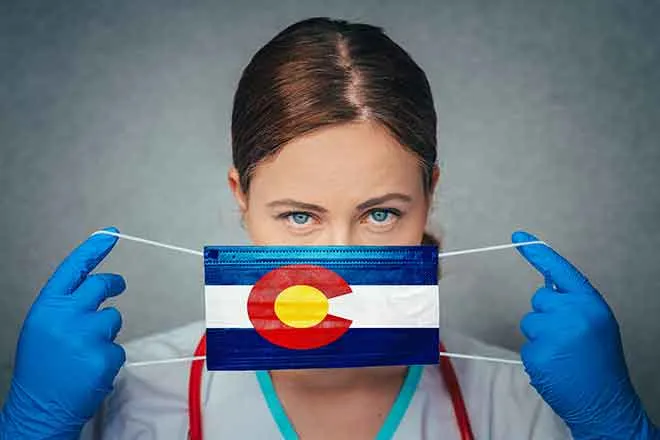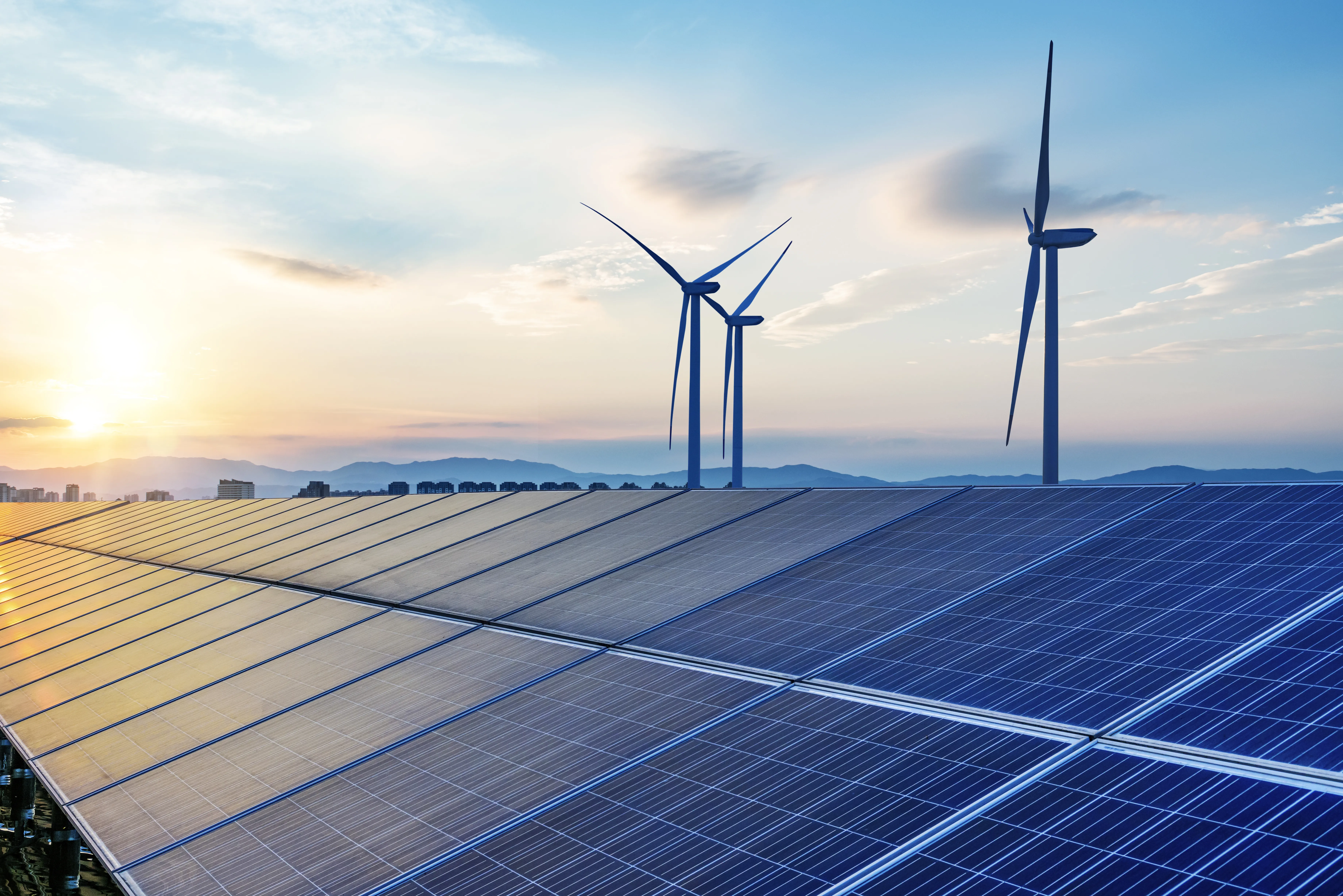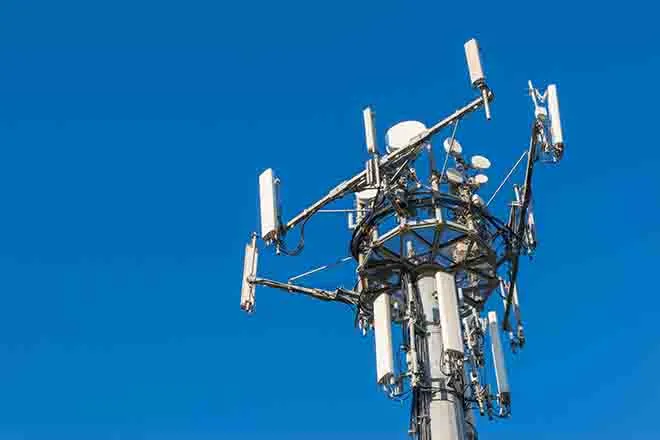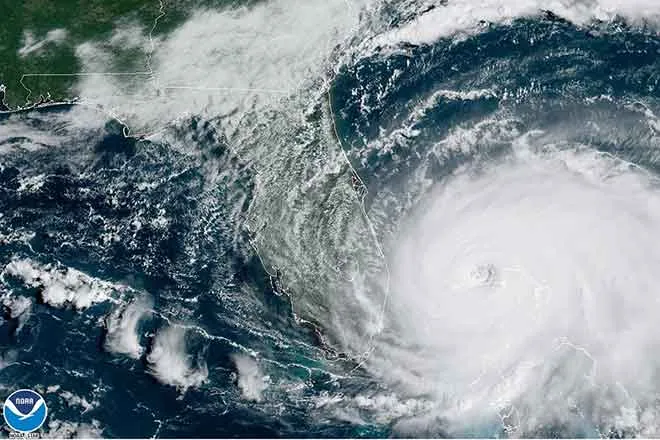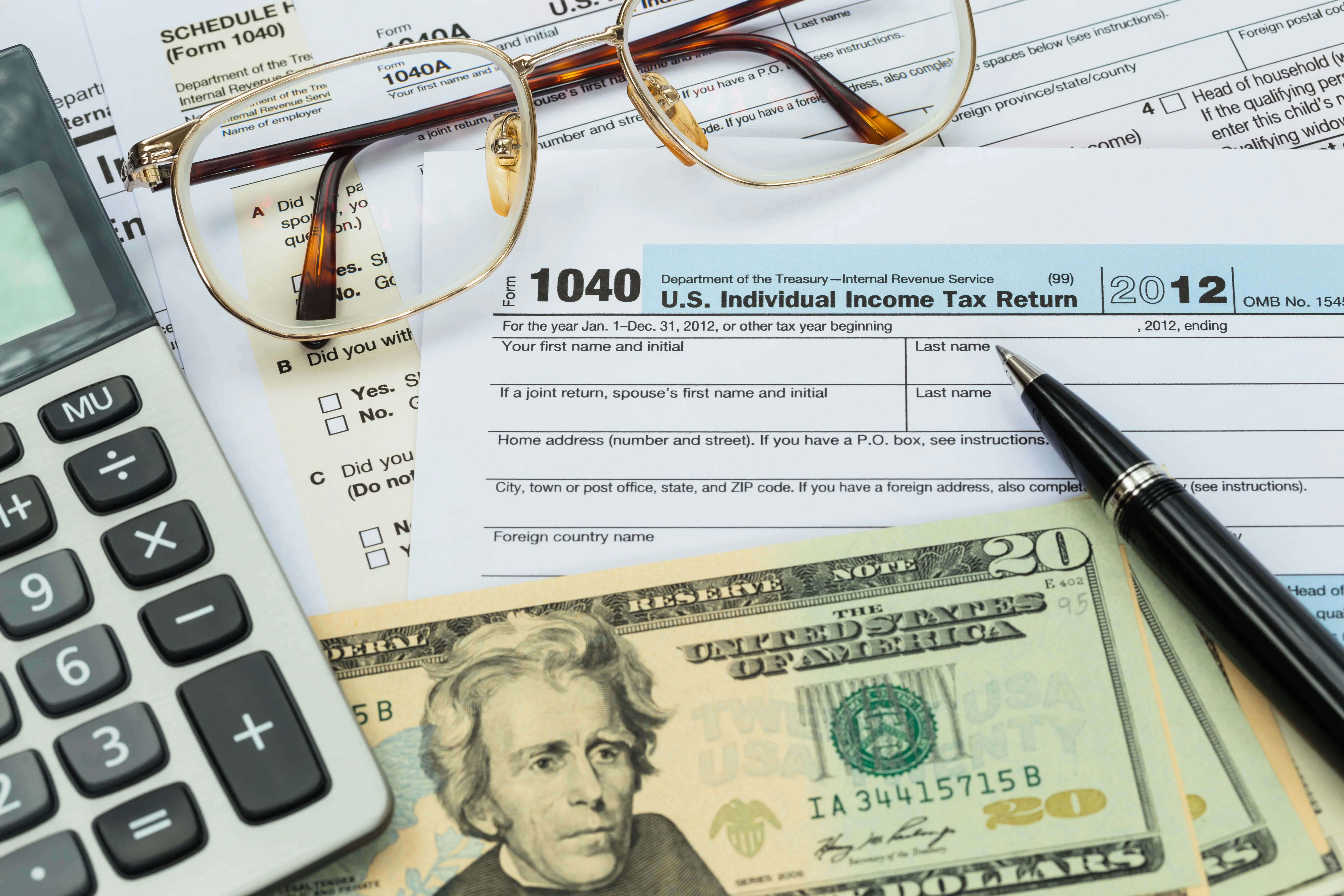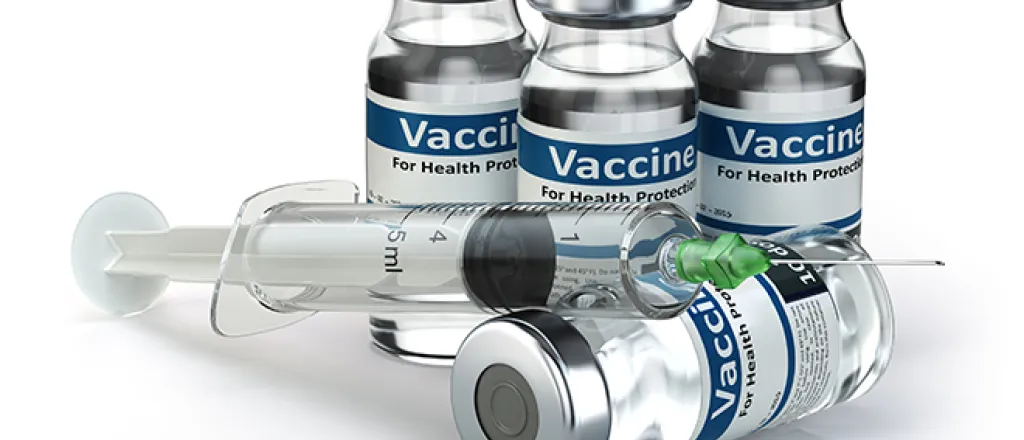
Cervical Cancer Awareness Month: HPV vaccine crucial in prevention
Click play to listen to this article.
(Washington News Service) January is Cervical Cancer Awareness Month and a vaccine for young people can reduce the risk of developing this disease.
Cervical cancer typically occurs in women between the ages of 20 and 50.
Dr. Monika Wells is an internal medicine physician with Kaiser Permanente in Seattle. She said human papillomavirus, or HPV, is connected to cervical cancer - but a vaccine is available for the disease.
"It's vaccine-preventable cancer, which was pretty exciting when we discovered this in medicine, in medical history," said Wells, "because a vaccine that can prevent cancer is phenomenal."
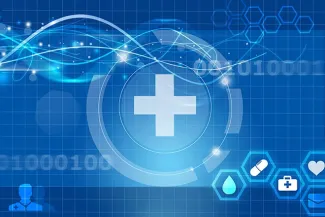
© iStock - nevarpp
While HPV vaccination rates have been rising steadily, a study found rates stalled in 2022 at 76 percent for 13- to 17-year-olds.
The Centers for Disease Control and Prevention recommends young people get the vaccine at age 11 or 12, although they can get it as early as nine.
Wells said this ensures people have the vaccine before they become sexually active.
"The goal is to administer a vaccine before exposure," said Wells. "And so, the HPV virus is predominantly sexually transmitted, and it's spread through skin-to-skin contact with someone who is infected."
Wells said there's room for growth around HPV vaccination rates for boys and men, who have their own risks from the disease.
"Men can transmit HPV to their women partners," said Wells. "So there's that reason. But then, men also have their own risks of having the HPV virus, including genital warts, but also anal and oral cancers."


